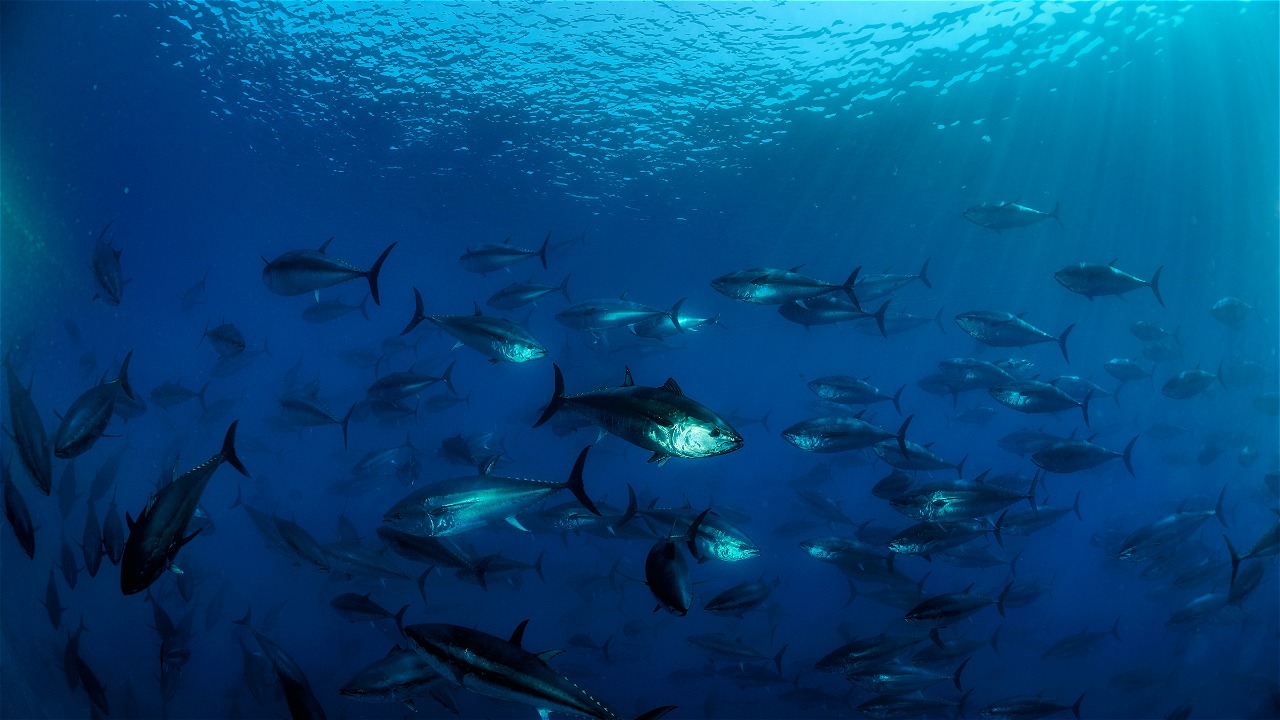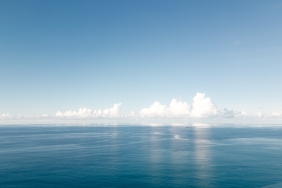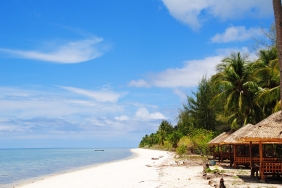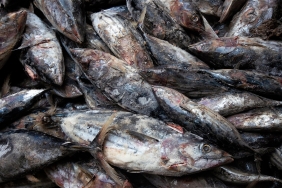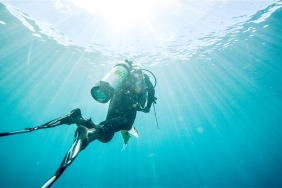10 WEST PACIFIC COUNTRIES LEARN HARVEST STRATEGY AT TUNA MANAGEMENT WORKSHOP IN BALI
By: Nisa Syahidah (Sunda Banda Seascape Communication & Campaign Assistant, WWF-Indonesia)
How to save the global tuna fishery from the threat of overfishing? This was answered at the Western Central Pacific Ocean Tuna Management Workshop in Bali, 1-2/08/2017.
"If I were the minister, what recommendations for harvest control rule (HCR) scenarios could you give to keep the probability of tuna fishery stocks in the safe zone at 60%?" Ian Cartwright, workshop facilitator, challenged the 23 participants, who were fisheries managers from Niue, Nauru, Taiwan, Thailand, Vietnam, Panama, Samoa, Ecuador, Wallis and Futuna, and Indonesia.
Countries that are members of the Western and Central Pacific Fisheries Commission (WCPFC) learned more about adopting a harvest strategy and management strategy evaluation (MSE) as a precautionary approach in tuna fisheries management.
"Tuna is an important species of high economic value, which migrates very far. Thus, its management must involve the collaboration of various countries," explained Abdullah Habibi, Fisheries and Aquaculture Improvement Manager, WWF-Indonesia.
"This workshop will encourage a better decision-making process related to tuna fisheries - through the involvement of all stakeholders, including tuna fishing industry players at various levels," Wawan Ridwan, Coral Triangle Program Director, WWF-Indonesia added.
Productive discussions in the two-day workshop were packaged in an attractive and interactive focus group discussion format. Participants were divided into 5 groups named after various pelagic species often caught in the Western Pacific region - Yellowfin, Rainbow Runner, Skipjack, Albacore, Bluefin.
On the first day, as a warm-up, by taking turns rolling a giant dice with 6 management objectives (management objectives), participants explored the perspective and urgency of each management objective as a basis for developing a harvest strategy.
They also mapped out the principles of harvest strategy by arranging 25 papers symbolizing each element of harvest strategy in a giant chart on the floor. While on the second day, participants learned Tuna MSE (Management Strategy Evaluation), a modeling application for various HCR scenarios and generating fishery utilization option choices in accordance with the harvest strategy objectives created.
The Common Oceans ABNJ Tuna Project is a global tuna sustainability effort funded by the Global Environment Facility (GEF) with support from the Food and Agriculture Organization of the United Nations (FAO). WWF is leading the implementation of a number of ABNJ Tuna Project deliverables, including activities to improve understanding and adoption of harvest strategies by Regional Fisheries Management Organizations (RFMOs).
"Managing fisheries, is managing people," said Saut Tampubolon, Head of Sub Directorate of Exclusive Economic Zone Seas, Directorate of Fish Resource Management (Deputy Director, Fishery Resource Management), Indonesian Ministry of Marine Affairs and Fisheries.
"Maintaining fish stocks through harvest strategy, means that we regulate people's habits and behavior to commit to the agreed management rules, of course, to achieve a common goal - maintaining sustainable fisheries into the future," he added. Joining the WCPFC since 2013, Indonesia is currently preparing a harvest strategy for yellowfin and skipjack tuna that will begin in January 2018.
"Managing the tuna fishery with all stakeholders with a harvest strategy is like a family vacation," Jim Ianelli (Common Oceans ABNJ Tuna Project) said in his presentation. "We both don't want accidents - just like we don't want tuna populations destroyed by overfishing. We have to define a common 'vacation' destination, and compromise on a destination that's nobody's favorite, but everyone wants to go to," he said, emphasizing the importance of a common goal: where do we want our tuna fisheries to be?
"Then, we determine how to get there. Like a vacation, in a harvest strategy we need a map and a compass, through mutually agreed procedures," he added later.
This workshop has become the map and compass that supports the realization of better tuna management in the Pacific Ocean. It is up to the skipper, the participating countries who came from afar to Indonesia, certainly not to return in vain.

